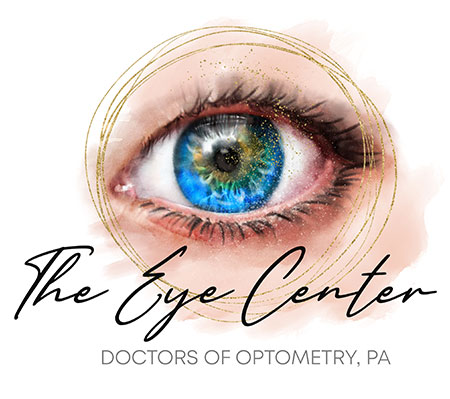All Categories
Featured

While these improvements have actually improved comfort and connection, they've likewise presented a typical issue: electronic eye pressure. Signs like blurred vision, headaches, completely dry eyes, and neck discomfort can result from prolonged screen usage.
Comply With the 20-20-20 Policy. One of the easiest and most reliable ways to reduce electronic eye stress is by adopting the 20-20-20 policy. This offers your eye muscular tissues a chance to unwind and prevents extended anxiety from focusing on a nearby screen.

Optimize Your Screen Configuration. The placement of your screen plays a considerable function in minimizing eye stress. Position your computer monitor concerning an arm's length far from your face, with the top of the screen at or simply listed below eye degree. This arrangement ensures that your eyes normally look somewhat downward, reducing stress and aiding you preserve appropriate position.
Additionally, readjust the brightness and comparison of your display to match your surroundings. A display that's also bright or too dark can force your eyes to function harder. Using a blue light filter or activating your gadget's "night mode" can also lower the extreme results of blue light on your eyes, particularly at night.
Blink Much More Commonly. When gazing at screens, people often tend to blink much less regularly, which can bring about completely dry, inflamed eyes. Make an aware effort to blink regularly while utilizing digital devices. If you still experience dry skin, take into consideration utilizing lubricating eye declines or fabricated splits to keep your eyes comfortable.
Take Breaks and Move. Extended screen usage doesn't just influence your eyes-- it additionally affects your neck, shoulders, and back. Taking routine breaks to stand, stretch, and move can ease physical pain and minimize overall tiredness. Time-outs every half an hour or two can make a large distinction.
Limit Screen Time. Whenever feasible, limit unnecessary screen time, especially before going to bed. The blue light from electronic devices can disrupt your sleep cycle by subduing melatonin manufacturing. To shield both your vision and sleep top quality, prevent screens for at the very least an hour prior to going to sleep.
Remain Hydrated and Usage Proper Lights. Dry eyes can likewise result from dehydration, so drink lots of water throughout the day to stay hydrated. Furthermore, ensure your work space is well-lit yet without glare. Avoid positioning your display in direct sunshine or under rough fabricated lights that assess the display.
Buy Computer System Glasses. If you spend long hours before a display, consider buying blue light-blocking or computer glasses. These specialized lenses minimize glow, filter blue light, and maximize emphasis, making display time more comfy for your eyes. Speak with an eye care professional to figure out if these glasses are ideal for you.
Do Not Avoid Normal Eye Tests. Regular eye examinations are important, specifically if you use electronic devices often. An eye doctor can evaluate your vision, identify prospective concerns, and advise customized services to secure your eyes. They can also prescribe computer system glasses or recommend various other methods for minimizing digital eye stress.
Conclusion. In today's screen-driven globe, digital eye strain is a difficulty lots of individuals encounter. Nevertheless, by implementing easy techniques like the 20-20-20 rule, maximizing your screen setup, and taking routine breaks, you can safeguard your vision and preserve eye health and wellness. Make these behaviors part of your everyday regimen, and do not forget to focus on normal eye tests to keep your eyes in top problem. Your vision is precious-- deal with it for the long term.
Latest Posts
Find Out Why Chicago Drivers Select Montclare Auto Repair for Reliable Service and Great Savings
Learn About Montclare Auto Repair’s Highly Requested Auto Repairs and Why Drivers Trust Them
The Benefits of Routine Auto Maintenance at Montclare Auto Repair Saves You Money
More
Latest Posts
Find Out Why Chicago Drivers Select Montclare Auto Repair for Reliable Service and Great Savings
Learn About Montclare Auto Repair’s Highly Requested Auto Repairs and Why Drivers Trust Them
The Benefits of Routine Auto Maintenance at Montclare Auto Repair Saves You Money